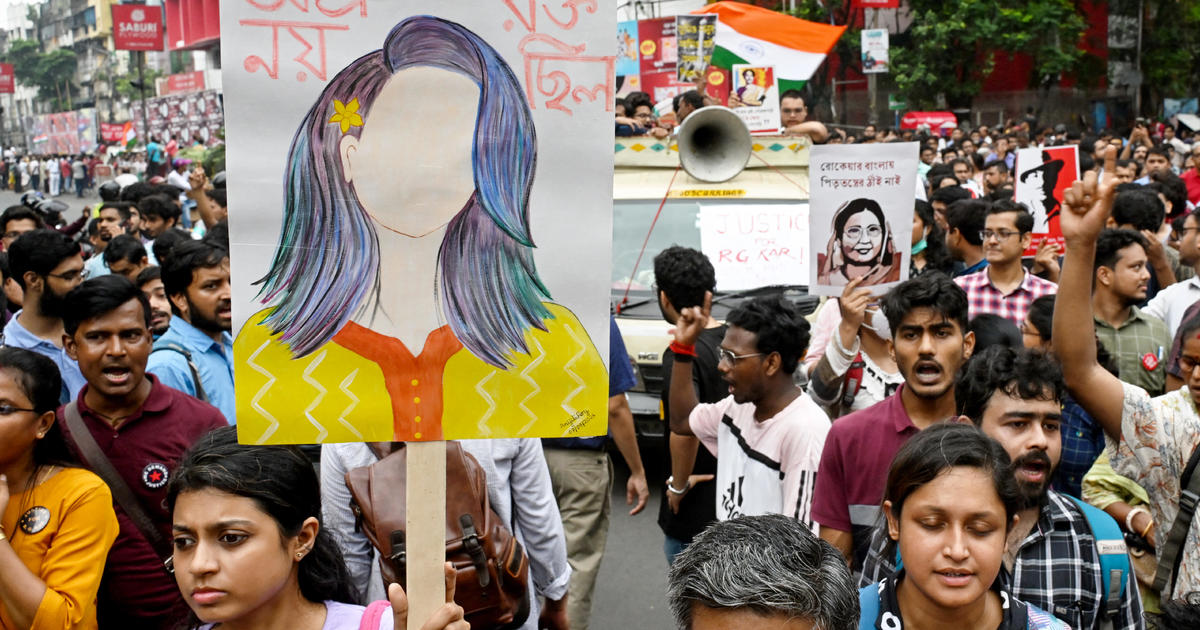India’s Supreme Court is currently considering petitions to criminalize marital rape, a contentious issue that highlights the complexities of legal reform in a society grappling with deeply ingrained patriarchal norms. The government’s opposition, based on concerns about disrupting marital harmony and the perceived harshness of criminalization, reveals a profound disconnect between legal frameworks and the lived realities of millions of Indian women. This response underscores the need for a nuanced understanding of the issue, balancing legal redress with the social and cultural context. While the government acknowledges the lack of fundamental right for a husband to violate his wife’s consent, their assertion that criminalizing marital rape would be “excessively harsh” exemplifies the deep-rooted societal biases that perpetuate gender inequality. The ongoing debate requires a careful consideration of the potential implications for both individual rights and the institution of marriage, necessitating a holistic approach to address the issue’s root causes and effect sustainable solutions.
The Legal Landscape of Marital Rape in India
The Current Legal Framework
Section 375 of the Indian Penal Code, a relic of British colonial rule, exempts husbands from prosecution for raping their wives, except when the wife is a minor. This exemption, despite the government acknowledging the absence of a fundamental right for a husband to violate his wife’s consent, continues to protect perpetrators of sexual violence within marriage. The government’s argument that existing laws, like the Protection of Women from Domestic Violence Act, 2005, offer adequate protection is widely criticized as insufficient, highlighting the limitations of broadly defining concepts like ‘cruelty’ and failing to recognize marital rape as a distinct, egregious crime. While the 2005 Act acknowledges sexual abuse as a form of domestic violence, it fails to provide explicit legal and penal consequences tailored to the gravity of the violation. This demonstrates the continued inadequacy of the legal framework to fully address and punish marital rape in India.
The Government’s Stance and its Arguments
The Indian government’s opposition to criminalizing marital rape is based on the purportedly “excessively harsh” impact on the marital relationship and potential disruptions to the institution of marriage. This argument reveals an ingrained prioritization of maintaining social order over protecting individual rights. Furthermore, their contention that sufficient protections already exist for women ignores the crucial distinction between marital rape, a deeply violating act, and the broader category of domestic violence. By failing to distinguish, the government further undermines the serious nature of this sexual crime. They fail to adequately address the devastating physical, psychological, and emotional impacts on women forced to endure years or even decades of unwanted sexual relations within their marriage.
The Societal Impact and Prevalence of Marital Rape
The Scale of the Problem
Although precise figures are difficult to ascertain due to underreporting, the 2019-2021 National Family Health Survey reveals that six percent of married Indian women reported experiencing sexual violence from their husbands. This statistic likely underrepresents the true prevalence, considering societal stigmas surrounding reporting sexual violence within marriage. Cultural norms and social pressures often compel victims to remain silent, fearing ostracism, societal condemnation, or family pressure. The lack of proper reporting further complicates efforts to grasp the actual dimensions of the issue.
Cultural and Religious Objections
Religious groups and certain sections of society resist amending the law, often clinging to the outdated notion of implicit consent inherent in marriage. Such perspectives overlook the evolving understanding of consent and sexual autonomy, reinforcing patriarchal structures that undermine the rights of women within marriage. The emphasis on “maintaining harmony” and social order, prioritizing the sanctity of marriage over individual rights, reflects deeply embedded power imbalances where women’s autonomy is secondary. This resistance to change presents a significant obstacle to implementing legal reforms and addressing the core of gender inequality in India.
The Fight for Legal Reform and Activist Voices
Ongoing Protests and Advocacy
The call for legal reform reflects years of advocacy from women’s rights groups and activists who continue their campaign demanding an end to this form of gender violence. Ongoing protests like those stemming from recent cases of violence against women highlight the deep-rooted societal problems and the lack of consistent safeguards to protect women. Recent tragic events, including the rape and murder of a young doctor in Kolkata, have only served to intensify public demands for better protection of women’s rights. Activists see criminalizing marital rape as a necessary step towards dismantling these societal attitudes and ensuring accountability for perpetrators.
Arguments in Favour of Reform
Advocates argue that the government’s objections to the law reform reflect outmoded understandings of marriage and consent. They highlight the significance of recognizing marital rape as a crime to protect victims, provide them with avenues for justice, and break the cycle of silence and impunity surrounding this prevalent form of sexual violence. The success of criminalization in other countries serves as a compelling precedent, countering the government’s assertions about the devastating social repercussions. They posit that robust support systems are essential for victims in conjunction with the legislative amendments to ensure access to resources for healing and reintegration.
Takeaway Points:
- The ongoing debate surrounding the criminalization of marital rape in India reveals a complex interplay between legal frameworks, social norms, and gender inequality.
- The government’s opposition highlights a deep-seated conflict between the protection of individual rights and the perceived need to maintain social order.
- The significant prevalence of marital rape in India, even considering underreporting, necessitates immediate legislative action to safeguard the rights of women.
- Addressing the issue effectively requires a comprehensive approach, including legislative change, societal attitude shifts, and stronger support systems for survivors of sexual violence.




